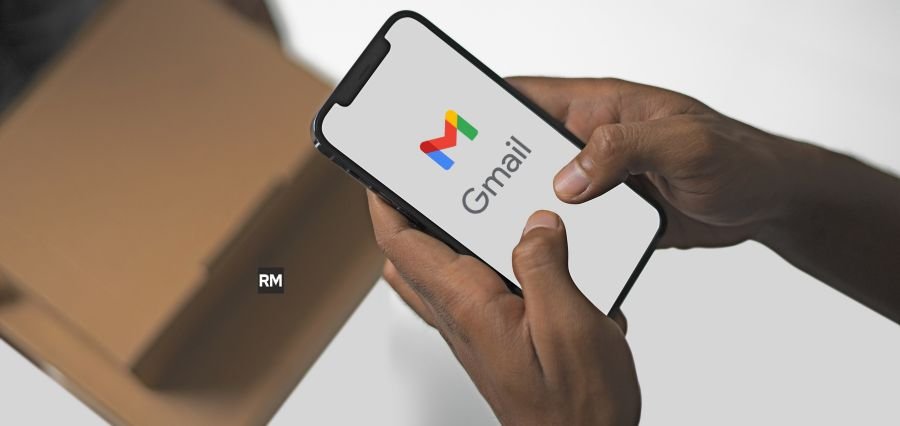Prime Highlights
- Google is encouraging almost everyone to swap passwords and SMS-based verification for more secure passkeys.
- This shift improves security for Gmail and all associated Google services.
Key Facts
- One phishing campaign used SMS-based 2FA recently, demonstrating it’s no longer secure.
- Google advises using passkeys, which operate at the device level using biometrics such as fingerprint or facial recognition.
- Passkeys lock down the entire Google system, such as Gmail, Drive, and YouTube.
Key Background
Google has made a firm recommendation for users to move from usual password and SMS-based two-factor authentication (2FA) practices. This is due to a new spate of phishing attacks where hackers tricked users into sharing their one-time SMS codes, going around the very security 2FA was meant to offer.
These attacks have revealed a key flaw: SMS-based verification is no longer a valid safeguard. Hackers can intercept messages, perform SIM swap attacks, or deceive users into divulging their codes. Aware of this emerging threat, Google is urging all to move to passkeys, a safer and newer alternative
Passkeys implement device-bound cryptography and biometric authentication—fingerprint or facial recognition—rather than codes and passwords. This way, even when attackers obtain your login information, they won’t be able to utilize it without your physical device. As the passkey is directly associated with your phone or computer, phishing is virtually out of the question.
Aside from Gmail, passkeys protect your whole Google account. That means access to services such as Google Drive, Photos, YouTube, Calendar, and any third-party applications using “Sign in with Google.” It’s not protecting email anymore; it’s about safeguarding your whole online life.
Google is not just recommending this upgrade—it’s enforcing it as the new norm. The firm has been issuing prompts to users all over the world, asking them to enable passkeys in just a couple of clicks. Users may still utilize the old ways for the time being, but it’s clear: passwords and SMS codes are on the way out.
Even with the increased threat, a majority of users are unaware or do not want to switch. Surveys indicate that a high percentage of individuals still use repeated passwords and only SMS for verification. Google’s action aims at doing away with those vulnerabilities and making strong security the norm rather than the exception.
In short, Google’s message is straightforward: switch to passkeys today to avoid hacks, phishing, or identity theft in the future. It’s an easy action that can rescue your entire account—and your sanity.




